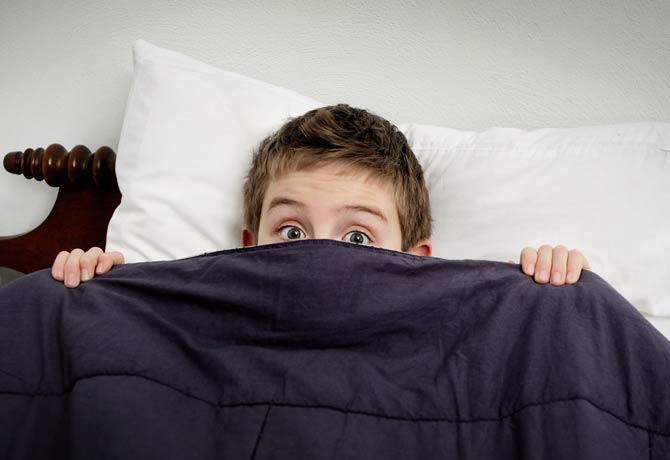Sleep is critical to our health, but the debate over sleep training, especially when it comes to Cry It Out, is ongoing.
It’s important to recognize, first off, that your interpretation of Cry It Out (or CIO) could be vastly different from someone else. That’s because there are different ways for a child to make changes to the way they sleep. The difference is the amount of comfort and support you offer while they are learning, and this varies tremendously based on the age of your child and their existing sleep habits.
Even methods that use a lot comfort could result in crying. Learning new things is frustrating for little ones.
Many parents identify CIO with the “extinction methodology.“ The “extinction methodology” involves completing your child’s bedtime routine and then removing yourself from their room so that they can attempt to fall asleep on their own. Comfort and support is not offered in this scenario. Night wakings are dealt with in the same manner. Most parents aren’t comfortable with this approach (and neither am I, as a sleep coach).
More commonly used Cry It Out approaches include the use of timed intervals of returning to your child to offer comfort (“controlled comforting”), and support or staying in your child’s room, whereby your continuous presence is also used to provide support (“camping out”).
But is Cry It Out safe?
“Controlled comforting” and “camping out” Cry It Out training methods have both been shown to have short term improvements on infant sleep and a reduction in maternal depression. More recently completed studies have also looked at the long term effects of making changes to infant sleep habits and have also demonstrated that there are no significant negative effects from using these sleep training techniques.
By following children from infancy to age 6 and monitoring children’s mental health, stress levels, the child-parent relationship and maternal mental health, this study concluded that controlled comforting and camping out safe to use and can be confidently used to reduce the short- to medium-term burden of infant sleep problems and maternal depression.
Do I have to make changes to my child’s sleep habits?
No! If your current sleeping arrangements work, then there is no need to change them. It’s important, however, to consider the sleep needs of the entire family (not just your baby). There is a growing body of research that links inadequate sleep in adults to weight gain, memory loss, strokes, heart attacks and other cardiovascular disorders, stress, and depression.
Parents shouldn’t ignore the emotional impacts of lack of sleep either: an inability to connect emotionally or physically with your spouse or partner can also be a catalyst for making changes.
How do I minimize crying?
It’s important to select an age appropriate strategy for your child that also takes into consideration their temperament. And while there is no “perfect” time to make changes to your child’s sleep habits, it’s important to be as consistent as possible to avoid confusion and regression. Clearing your calendar for a one or two week period is the easiest way to meet this goal.
Stay clear of the following, if possible:
- doctor’s appointments
- mommy and baby classes
- family functions
- moving
- medical procedures for yourself or your child
- travel, and/or

- house guests.
Quick tips
- Focus on what is best for the entire family.
- Consider controlled comforting or camping out methods of sleep training.
- Be consistent by clearing your calendar.
See also: 4 Common Causes Of Toddler Sleep Problems
Trying to be consistent over the holidays? Check out 6 Sleep Tips for Toddler Sleep Training Over the Holidays










